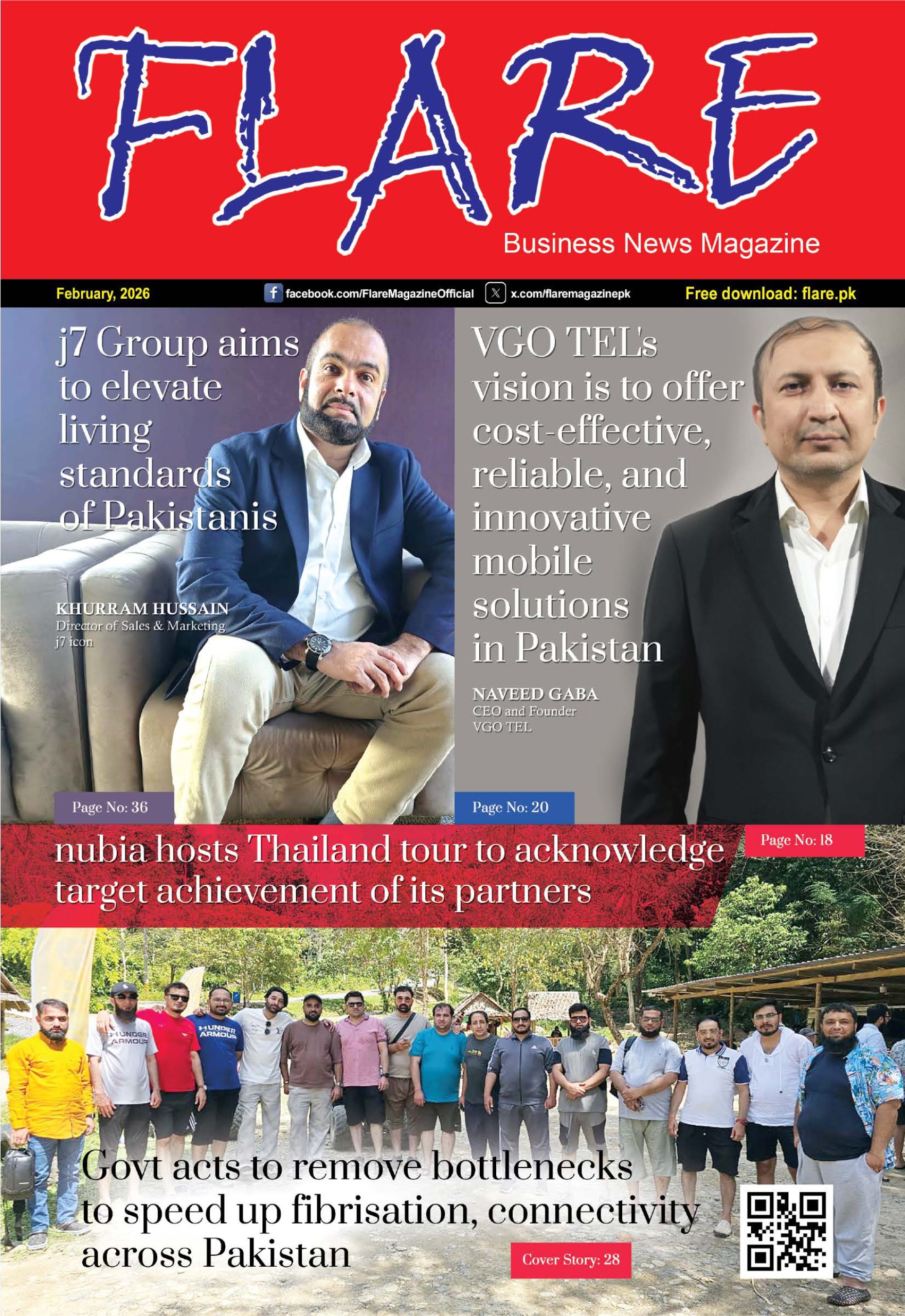The Economic Benefits of the Modern Silk Road – CPEC
The report writer Malik Mirza, FCCA, spent several months researching and interviewing diverse stakeholders across the country said “the SWOTs are a great way to get people to think strategicallyand ensure that we don’t just look at the blue sky only. ACCA 100 drivers for change provided a good pivot point for professionals to look at what skills will be needed to prepare for the future and these are explored in the report. Almost 70% agreed and strongly agreed that new skills will be needed in the future and 74.4% said they agreed and strongly agreed that there is a marked difference in business styles between the Chinese and Pakistani. Surprisingly over 80% agreed or strongly agreed that investing in Chinese language was desirable but on the ground we are not witnessing this investment.”

The report was a joint initiative with the country’s leading think tank, the Pakistan-China Institute (PCI). According to PCI Executive Director, Mustafa Hyder Sayed “this report indicates that investment in people, for example, learning Mandarin, understanding Chinese business culture and increased networking i.e. the people to people contact which is one of the pillars of CPEC, must be embedded in the long-term mission of the private and public sectors. Pakistan’s manpower; professional, skilled, semi-skilled and unskilled must match or be better than their Chinese counterparts if our nation is to ensure that CPEC’s long term benefits don’t start heading South.”
Sajjeed Aslam, Head of ACCA Pakistan said “We could see and hear the chatter on CPEC in professional networks very early on; a lot was hearsay which in itself can be a risk for businesses, the numbers being talked about where historic by Pakistani standards USD46bn multiplying to USD62bn later. The report from ACCA Pakistan,ThEconomic Benefits of the Modern Silk Road – Cs the rPEC containesult of a e survey amongst 500 finance professionals and business stakeholders as well the outcomes from 5 SWOT workshops in Baluchistan, KPK, Punjab, Sindh and Islamabad. The SWOTs revealed a common trend such as knowledge gaps, opportunities included regional trade and commerce, new cities and job creation; strengths included leveraging on the country’s educational institutes,scaling up agriculture and tourism, lastly, the threats revolve around environmental, social and governance challenges.”
The report writer Malik Mirza, FCCA, spent several months researching and interviewing diverse stakeholders across the country said “the SWOTs are a great way to get people to think strategicallyand ensure that we don’t just look at the blue sky only. ACCA 100 drivers for change provided a good pivot point for professionals to look at what skills will be needed to prepare for the future and these are explored in the report. Almost 70% agreed and strongly agreed that new skills will be needed in the future and 74.4% said they agreed and strongly agreed that there is a marked difference in business styles between the Chinese and Pakistani. Surprisingly over 80% agreed or strongly agreed that investing in Chinese language was desirable but on the ground we are not witnessing this investment.”



